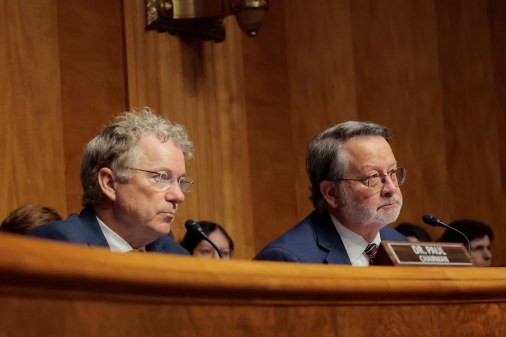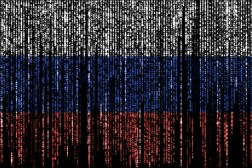Kaspersky Lab appeals to court of public opinion with ‘unbiased’ assessment of Russian law

The legal battle between Russian antivirus maker Kaspersky Lab and the U.S. government has quieted, but the court of public opinion is still open for arguments.
Countering U.S. officials and critics who say otherwise, Kaspersky Lab on Tuesday released an analysis arguing that, under Russian law, the company would not be subject to certain demands from authorities for data.
The analysis, done by Swedish law professor Kaj Hober, contends that Kaspersky Lab does not meet the Russian legal definition of an organization that disseminates information on the internet. Under Russian law, such organizations are required to grant authorities’ requests for metadata.
Hober also contended that because Kaspersky Lab does not make software for the purpose of “receiving, transmitting, delivering or processing electronic messages” between internet users, the company would not be obligated to build technical features into products at the requests of Russian authorities.
Kaspersky Lab had asked Hober to respond to a legal analysis commissioned by the Department of Homeland Security, which drew the opposite conclusion – that the company, like many other enterprises in Russia, would be compelled to hand over data to authorities under those statutes.
U.S. officials have long argued that Russian authorities could leverage Russian national security laws to access the Kaspersky Lab data for intelligence operations.
In September 2017, the Department of Homeland Security banned the use of Kaspersky products on federal civilian networks, citing “ties between certain Kaspersky officials and Russian intelligence and other government agencies.” The National Defense Authorization Act enacted that year expanded the scope of the ban.
Kaspersky Lab, which has vigorously denied having any “inappropriate ties” with any government, responded by filing two lawsuits against the U.S. government to try to overturn the ban. In May 2018, a U.S. federal judge dismissed both lawsuits, leaving the federal prohibition on Kaspersky products in place.
On Tuesday, Kaspersky Lab touted Hober’s report as an “unbiased and fair legal assessment to the company’s customers and partners looking for reliable information about Kaspersky Lab.”





